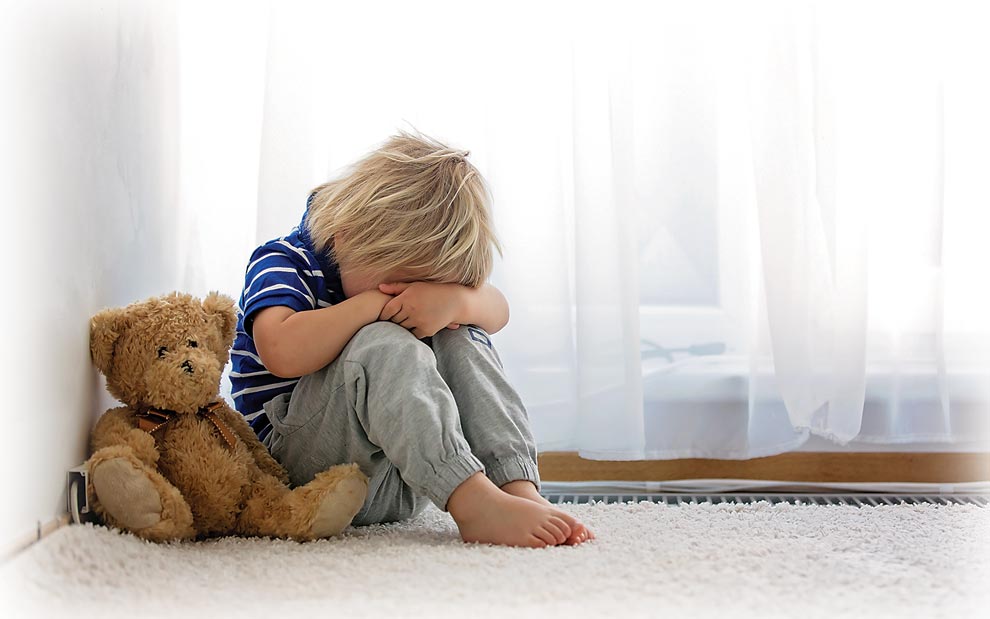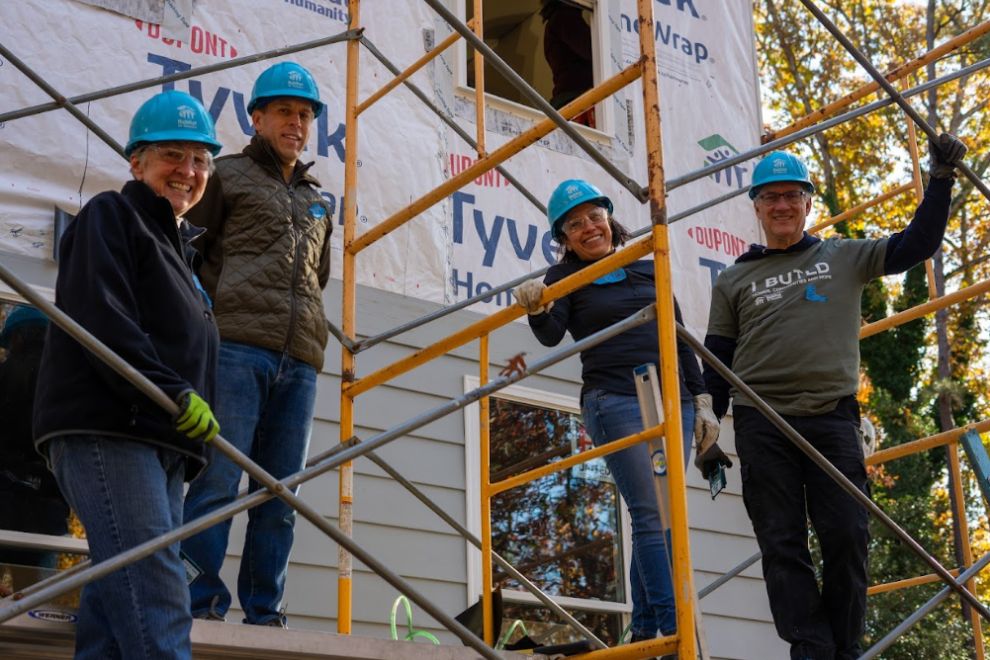Q:
Last week in the grocery store, I saw an adult completely lose her temper and scream and threaten a child. It made me think of other situations, even with my friends, when parents have crossed a line with their kids when I know they are just frustrated and overwhelmed. What do I do if I’m out and see another adult cursing at or hurting their kids? How can I begin to address this – even with my friends who are also parents?
A:
When we witness a child being hurt, it is difficult to handle. We are upset and worried for the child, and most of us feel unsure about what to do. We may hesitate to intervene for fear of how the parent will respond, or what the social repercussions might be. However, what we know for sure is that children are safer and happier when we take the risk of reaching out to parents and other caregivers.
There are many different situations that present an opportunity for reaching out to parents. When we see a parent behaving erratically with a child in public, know that making a connection can make a difference. First, it’s important to read the situation and account for your own safety before you intervene. Always approach parents with a nonjudgmental, empathetic statement to let them know you understand how hard parenting can be. Start a conversation with the adult to diffuse the situation: “I was here recently with my child, and she got really upset, too.” Try to offer assistance: “Kids can really get worn out in the grocery store. Is there anything I can do to help?” If the child has lost control of his behavior, make a connection in an attempt to distract the child: “My son has a shirt just like yours. Do you like basketball?”
If a child is left alone in a public place, stay with the child until the parent returns. If the child is in immediate danger (being physically harmed, left alone in a hot car, etc.), always call 911 immediately for assistance.
All families experience stress. All parents need a helping hand from time to time to help manage that stress. High levels of stress can cause even the most nurturing parents to struggle with the daily demands of parenting. How can we tell when friends or family need us to reach out? We may notice anger or irritability. Perhaps a friend mentions difficulty with sleep or her health. We may notice fewer phone calls from friends, miss them at social gatherings, or realize their children are not as active in the neighborhood. We may even hear directly from the parent about a family crisis. To help parents cope with stress, invite them to social gatherings, share parenting tips, and connect them with community resources. Start by checking in and asking the parent how he is doing. Provide a safe, supportive space to talk. Invite a parent to call whenever he needs this outlet and always maintain a positive, nonjudgmental attitude. You may learn that your friend needs time away from her kids. Try introducing her to a trusted babysitter or offer to watch the kids yourself for a day. You might connect her with community parenting resources or reach out to Greater Richmond SCAN at 804-257-7226 for help.
There may be times when a family needs help from professionals. Talk to the the parent or caregiver about what type of service is needed and support them in getting connected. Ultimately, keeping everyone safe must remain the first priority when reaching out to families. If you suspect that child abuse or neglect is occurring in a family, call the Virginia Child Abuse and Neglect Hotline at 1-800-552-7096.





